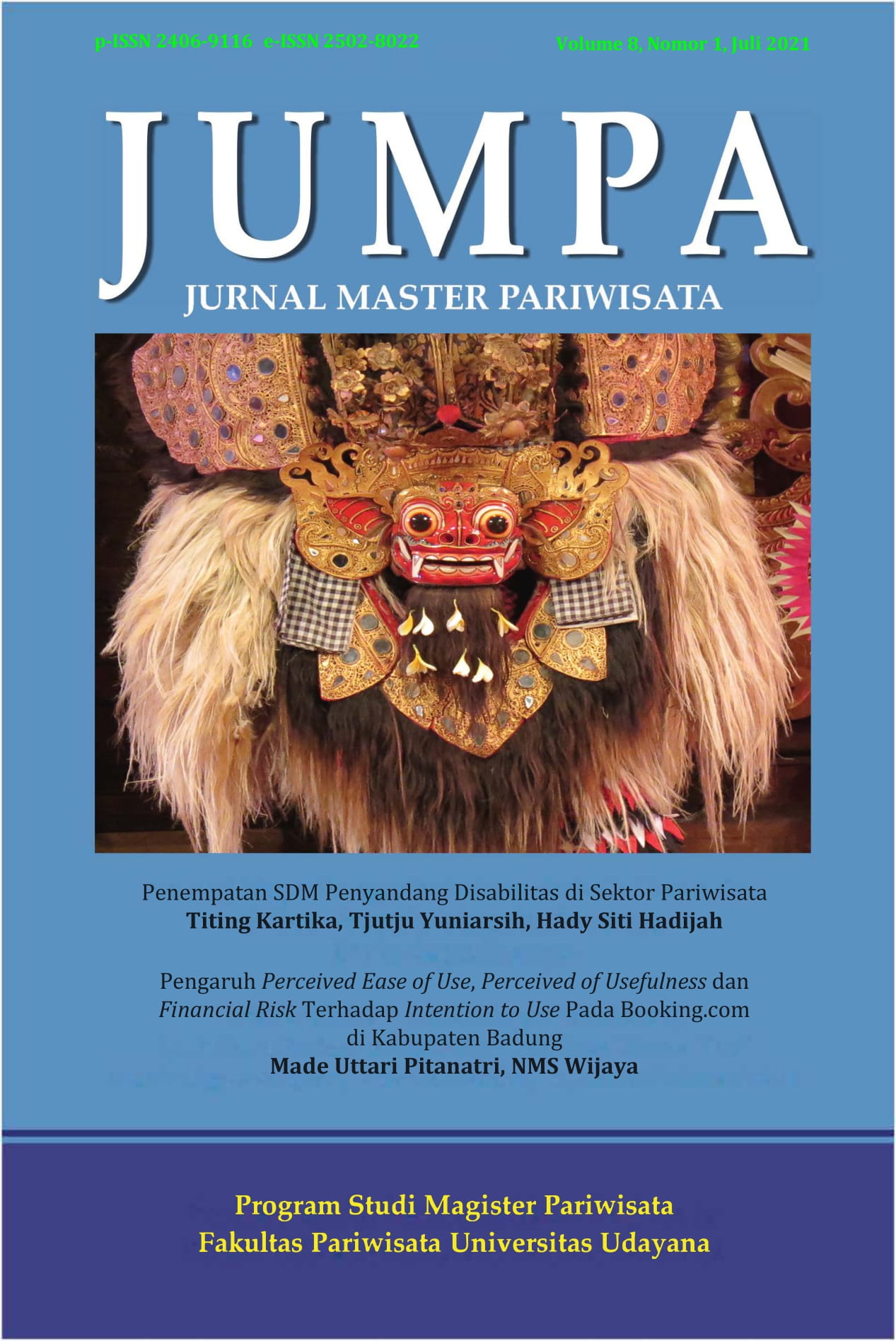Perkembangan Wisata Halal di Korea Selatan (Studi Kasus Perspektif Masyarakat Indonesia di Korea Selatan)
Abstract
The large number of tourists, students, and Muslim migrant workers in South Korea has prompted the South Korean government to start developing various kinds of halal tourism programs. These programs are very interesting and helpful for tourists, students and Muslim migrant workers to visit or live in South Korea. To find out the extent of the development of halal tourism in South Korea, this study was conducted using a descriptive -quantitative method with Indonesian people in South Korea as the object of this research. The object of this study was selected because of the large number of tourists, students, and Indonesian workers in South Korea and the majority of them as Muslim can represent other Muslim communities in South Korea. The results of this study indicate that Muslim-friendly facilities such as halal restaurants, halal food shopping applications, mosques, and prayer rooms in South Korea are quite numerous and scattered in various cities. This is certainly welcomed positively by tourists and the Muslim communities in South Korea. However, there are several things that Korean government still needs to pay attention to, especially related to the socialization of halal food that there is a standardization and process in it.
Keywords: Halal Tourism, South Korea, Tourism, Halal Korea, Halal Food














